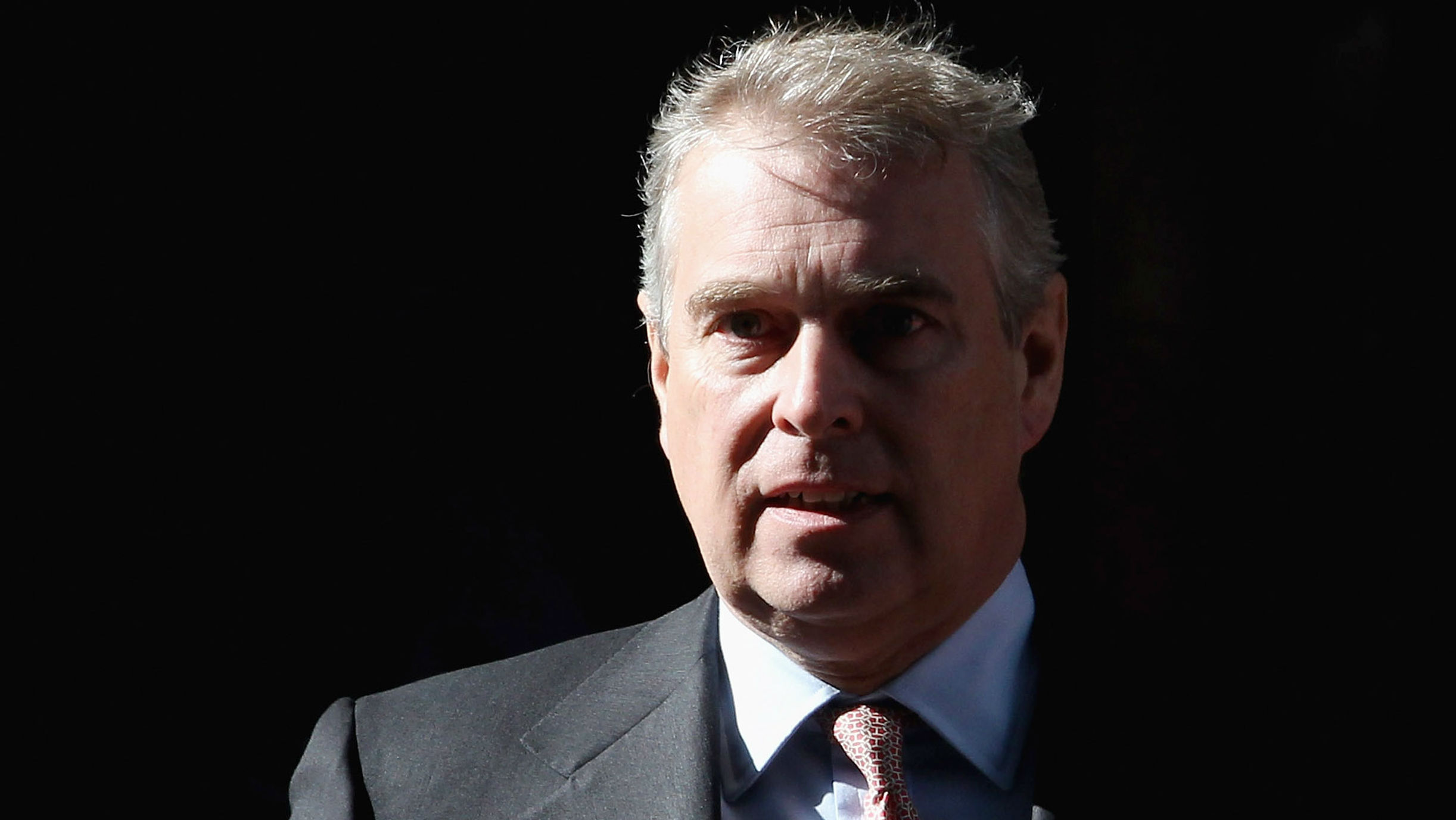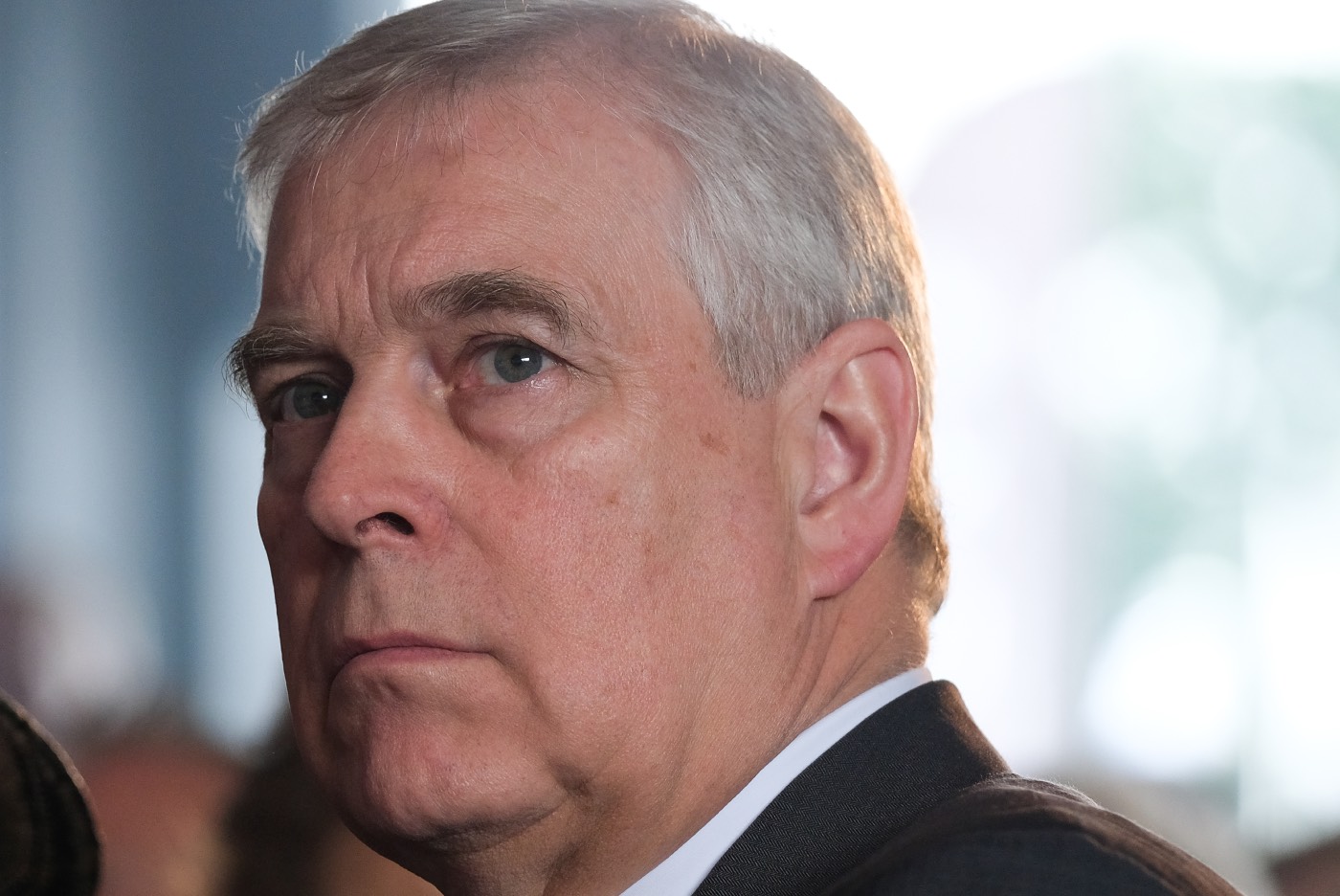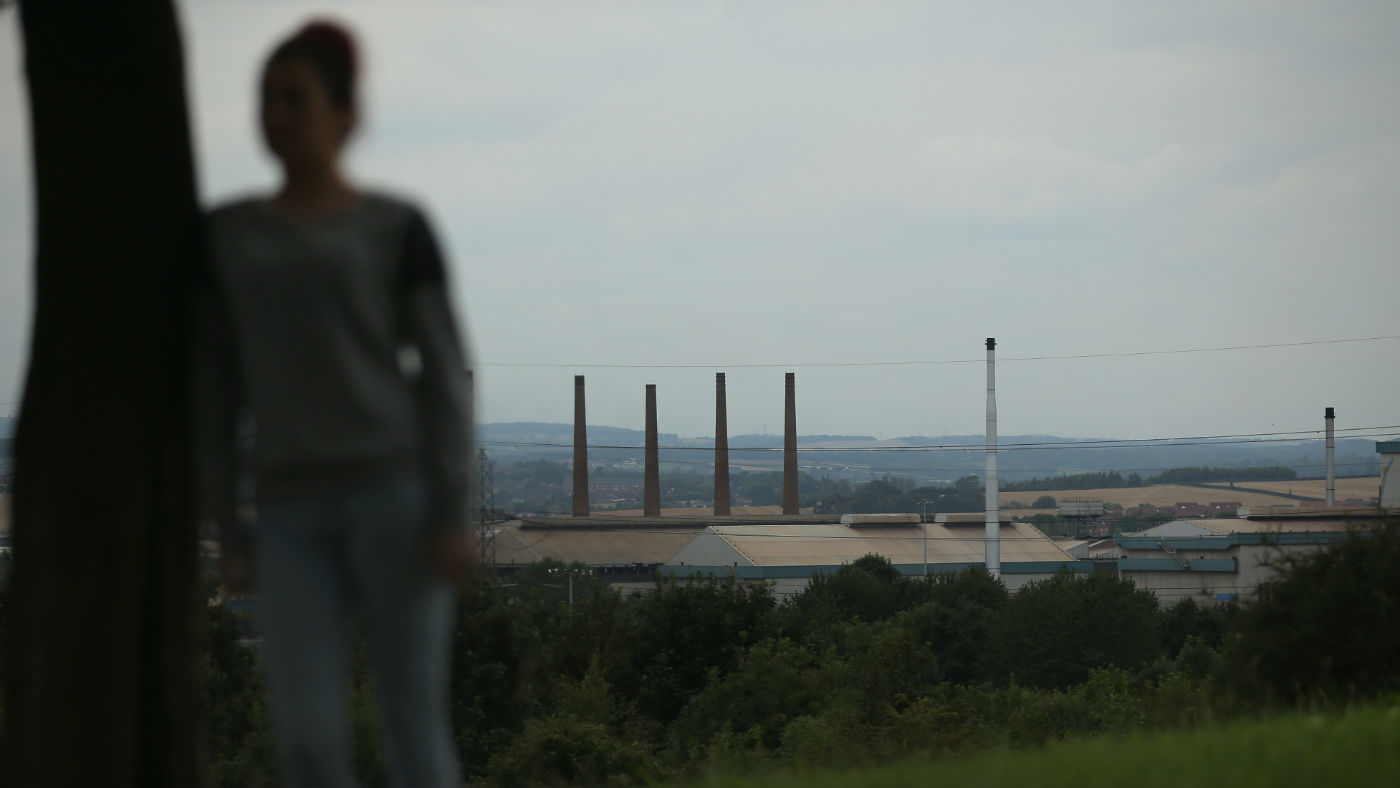Can judges end UK's rape case backlog?
Judiciary aiming to fast-track oldest of the 3,355 rape cases awaiting trial in England and Wales

A free daily email with the biggest news stories of the day – and the best features from TheWeek.com
You are now subscribed
Your newsletter sign-up was successful
Judges are to prioritise long-delayed rape cases in a bid to clear the backlog of trials within the next five months.
The "unprecedented move" to "surge" resources into delayed cases is intended to "end the anguish of victims in a backlogs limbo", said the BBC. Many of the delays have been caused "by a combination of the pandemic, government cuts before it and a strike by barristers over pay".
As of January, a total of 3,355 rape cases were awaiting trial in England and Wales, of which about 6% were classed as "very old". Under the new plans, 181 trials sent to the Crown Court more than two years ago will begin by the end of July.
The Week
Escape your echo chamber. Get the facts behind the news, plus analysis from multiple perspectives.

Sign up for The Week's Free Newsletters
From our morning news briefing to a weekly Good News Newsletter, get the best of The Week delivered directly to your inbox.
From our morning news briefing to a weekly Good News Newsletter, get the best of The Week delivered directly to your inbox.
What did the commentators say?
Announcing the push to clear old cases, Lord Justice Edis, the senior presiding judge for England and Wales, described the delays as a "serious stain" on the legal system. Although only a "small proportion" of all rape cases ended up significantly delayed, he said, long waiting times were a "significant injustice because the system has recovered its capacity".
A 2023 report into the state of the justice system, titled Breaking Point, found that "every stage of the system gives us grave cause for concern when it comes to the impact on victims and survivors of rape". The report followed a warning in 2020 from the then victims' commissioner, Dame Vera Baird KC, that rape had effectively been decriminalised in England and Wales due to a "catastrophic" decline in prosecutions.
Although thousands of rape cases are awaiting trial, "this number is the thin end of the wedge when it comes to the number of victims out there", said the i news site. "Such a small number get anywhere near court."
Most rapes are never reported, and those that are rarely result in a prosecution. A total of 67,938 alleged rapes were recorded by police between October 2022 and September 2023. But "by the end of that 12-month period, charges had been brought in just 2.4% (1,631) of cases", said the charity Rape Crisis England & Wales.
A free daily email with the biggest news stories of the day – and the best features from TheWeek.com
Some criminals are "relying on crippling trial delays to evade justice", said The Independent. As delays have worsened, the proportion of early guilty pleas has "plummeted" over the past four years, as suspects "try to manipulate the system" to avoid conviction and imprisonment.
Bar Council chair Sam Townend KC told the paper that suspects charged with rape had "become more aware that their day of reckoning is getting pushed back further and further and, because of the high rate of ineffective trials, perhaps may never come at all". Victims and witnesses, he said, are becoming "ever more disillusioned or simply give up", risking "a complete collapse in public confidence in the system".
What next?
Once the oldest cases are cleared, judges will target the next oldest cohort of rape cases, in a bid to push down the average wait time. The current average in cases where the defendant is on bail is 358 days from start to completion in the Crown Court.
The fast-tracking plan comes after survey findings published last month by the Criminal Bar Association (CBA) revealed that 64% of prosecutors approved to conduct rape and serious sexual assault cases would not reapply for the work, with many blaming high stress and poor pay.
Acknowledging that the number of qualified barristers in rape cases was "in particularly short supply", Lord Justice Edis is calling for long-term investment in the justice system to "sustain that necessary supply of skilled people".
Sorcha Bradley is a writer at The Week and a regular on “The Week Unwrapped” podcast. She worked at The Week magazine for a year and a half before taking up her current role with the digital team, where she mostly covers UK current affairs and politics. Before joining The Week, Sorcha worked at slow-news start-up Tortoise Media. She has also written for Sky News, The Sunday Times, the London Evening Standard and Grazia magazine, among other publications. She has a master’s in newspaper journalism from City, University of London, where she specialised in political journalism.
-
 What to know before filing your own taxes for the first time
What to know before filing your own taxes for the first timethe explainer Tackle this financial milestone with confidence
-
 The biggest box office flops of the 21st century
The biggest box office flops of the 21st centuryin depth Unnecessary remakes and turgid, expensive CGI-fests highlight this list of these most notorious box-office losers
-
 The 10 most infamous abductions in modern history
The 10 most infamous abductions in modern historyin depth The taking of Savannah Guthrie’s mother, Nancy, is the latest in a long string of high-profile kidnappings
-
 Should the right to trial by jury be untouchable?
Should the right to trial by jury be untouchable?Today’s Big Question With a crown court backlog of around 80,000 cases, David Lammy says ‘status quo cannot go on’
-
 Trump and his lawyer Alina Habba have a rough day in defamation court
Trump and his lawyer Alina Habba have a rough day in defamation courtSpeed Read Trump's audible grousing as E. Jean Carroll testified earned him a warning he could be thrown out of court, and Habba showed she 'doesn't know what the hell she's doing'
-
 What could Prince Andrew have faced in Virginia Giuffre sex abuse trial?
What could Prince Andrew have faced in Virginia Giuffre sex abuse trial?feature Duke of York agrees to pay ‘substantial donation’ in out-of-court settlement
-
 Will secret Epstein-Giuffre settlement end Prince Andrew’s legal woes?
Will secret Epstein-Giuffre settlement end Prince Andrew’s legal woes?feature Newly unsealed court papers show royal accuser was paid $500,000 in 2009 deal
-
 Prince Andrew accused of ‘playing hide and seek’ to avoid sex assault lawsuit
Prince Andrew accused of ‘playing hide and seek’ to avoid sex assault lawsuitfeature But US judge rules legal papers can be served to Duke of York’s LA-based lawyers
-
 Explained: why Bill Cosby is walking free after sexual assault conviction
Explained: why Bill Cosby is walking free after sexual assault convictionfeature Surprise reversal of actor’s ten-year prison sentence met with ‘shock and fury’
-
 Why the CPS is accused of quietly dropping rape cases
Why the CPS is accused of quietly dropping rape casesIn Depth Prosecutors to face judicial review challenge over alleged covert policy changes
-
 BBC editor on trial for naming sex abuse victim
BBC editor on trial for naming sex abuse victimSpeed Read It is the first time a BBC editor has been charged with breaching law entitling complainants to lifelong anonymity